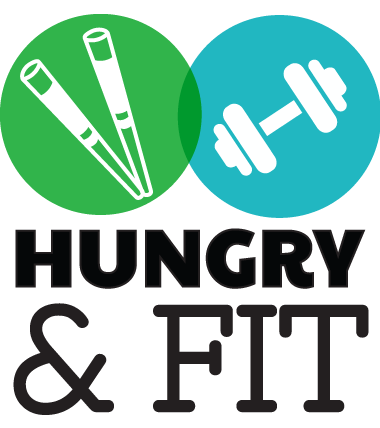It’s no secret that as you age, different health conditions take priority. When you’re young, you might not consider setting yourself up for healthy success a top priority when you have so much going on. However, as you age (and it is inevitable!), it becomes vital. Below are a few ways to take control of your health during each stage of your life and set a good foundation going forward.
20’s
A common misconception you may have when you’re in your twenties is that you can put off prioritizing your health until later in life. When you are young and vibrant, you may feel invincible, but this is actually the best time to get your health plan in order! An important step you can take is establishing the necessary professionals needed to help you long-term. These professionals can include:
- Primary Care Physician
- Dentist
- Gynecologist
- Chiropractor
- Therapist
- Optometrist
By getting set up now with these doctors, you can not only take care of yourself in a preventative manner but this helps establish a baseline of your health so they can pick up on anything concerning later on.
Another consideration for this stage of life is to review life insurance coverage options. While you might think that this coverage can wait to be obtained until you’re older, you actually have a better opportunity to lock in lower rates when you are younger and healthier. In the case of your passing, this policy pays a death benefit in the form of a sum of money to your chosen beneficiaries. Keep in mind that you can always adjust your beneficiaries, so who you choose to leave the payout to in your twenties does not have to be the same later on in life if your situation changes.
30’s
Once you’ve hit your thirties, it’s time to hone in on a few ways to really maximize your overall wellness. One thing to take control of now is your health history. Chances are you know some of this information, but it is unlikely that you remember all of your family histories, which will prove to be helpful later on in your life. Speak with your family and collect as much information as possible regarding major ailments, diseases, surgeries, medications, and allergies. Keep this list readily available for your doctor or any unplanned emergencies.
Your thirties are also a perfect time to set a healthy diet to maintain if you haven’t already done so. Your diet can influence bad habits, such as overeating while drinking or having late-night cravings. While you might have had an “on-the-go” diet in your twenties, this is a perfect time to reevaluate your lifestyle and what you put into your body. If you have a poor or unbalanced diet, this can lead to deficiencies in vital nutrients such as vitamin D, magnesium, and tryptophan. To ensure that you are eating to fuel your body, add a variety of nutrients to your diet, including plenty of fruits and vegetables and foods that are rich in proteins.
(photo credit: Jaime Street)
40’s
In this stage of life, health maintenance is key. You’ve likely cut out the bad habits and have established mostly healthy living habits. Now take some time to further refine healthy patterns to maximize your overall wellness. By now, you’ve most likely established a routine to hydrate throughout the day. Remember that it is important to drink plenty of water for many reasons throughout all years of your life but when you’re in your 40s, it becomes even more important. it is essential that you consume a good amount of water daily (125 ounces for men and 91 ounces for women). This helps lubricate joints, maintain adequate body temperature, and helps aid in digestion.
Another important (and easy) healthy habit to adopt in your forties is similar to a habit you had when you were a child— nap time. If you can, try to carve out some time each day to take a “power nap”, lasting between 10 and 20 minutes. This is long enough for you to receive a notable burst in energy but short enough to not feel groggy afterward. Benefits of regular naps include a decreased risk of stroke, heart failure, and heart attack, as well as reduced stress and better memory retention.
50’s and Beyond
As you age, you might not have the same energy levels or motivation that you once had. You might notice a change in your eating habits or a shift in memory. While these are normal, there are a few things you can do to stay sharp and in your best health at age fifty and beyond. One important area of focus at this time is optimizing your brain health. To promote better memory retention, try to include some mentally challenging activities in your routine. Games like Sudoku or jigsaw puzzles are beneficial because they activate parts of your brain that you may not use as often. Also, remember that you are never too old to learn a new skill, which is a great way to incorporate a new hobby with some integrated brain activity.
Being over 50 is also a great time to reevaluate your exercise habits. While you might not be lifting heavy weights or training for marathons at this stage of life, it is just as important to still get aerobic exercise. For optimal health, aim for 150 minutes of exercise a week. Remember that this does not have to be intensive efforts such as running— being active with pets or grandkids or taking a brisk walk around the block can be just as beneficial. These activities can help improve bone health, reduce the risk of dementia, and improve your range of motion.
There are many ways to maintain optimal health, some of which can be easily implemented by making small and intentional changes. By taking control of your health at all ages, you can easily set yourself up for a well-balanced and well-rounded life.
(featured image credit: Emma Simpson)











